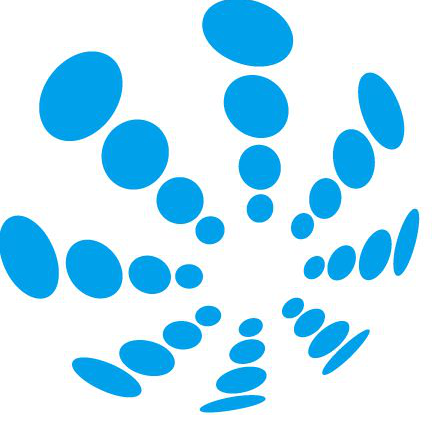
Posted: 15 September 2025
A smartphone application created by University of Melbourne researchers was reported to be expediting the diagnosis of cerebral palsy in infants by enabling parents to complete initial screening from home.
Cerebral palsy, the most common lifelong physical disability, was noted to be more prevalent among babies born prematurely or with medical conditions such as congenital heart disease. The first stage of the diagnostic pathway is the General Movements Assessment (GMA), in which certified assessors observe and score a baby’s movement patterns to detect abnormalities linked to a high likelihood of cerebral palsy. Traditionally requiring hospital visits, the test was made accessible at home through the Baby Moves VIEW app, which allows parents to film their baby’s movements and securely submit the footage for professional evaluation.
Co-founder Professor Alicia Spittle explained: “At-risk babies should undergo a GMA between 12 and 16 weeks of age but for many parents particularly those who live in rural or remote regions, taking their child to see a clinician during this period can be challenging.” She further highlighted that while the average age of diagnosis in Australia had been 19 months, the app could bring this down to as early as three months.
Dr Amanda Kwong, also a co-founder, added: “Early diagnosis means earlier access to interventions which can reduce the severity of the disorder and improve the baby’s long-term health outcomes. It’s crucial for a baby with cerebral palsy to begin treatment as early as possible as it allows therapists to harness their neuroplastic brains and re-wire neural pathways.”
The app was designed with an artificial intelligence algorithm to ensure video quality by alerting parents if recordings were unusable, such as when a baby cried or clothing obscured movement. Compliance with Australia’s data protection laws was also confirmed, ensuring secure transmission of video content.
The prototype had already been deployed in more than 20 international studies with over 10,000 families, and the research team secured AU$366,000 from the Economic Accelerator program to progress commercialisation. With input from health professionals and parents in co-design, the app was expected to become publicly available within two years, with long-term hopes for government funding to ensure universal access to early screening.
For more information click here.

